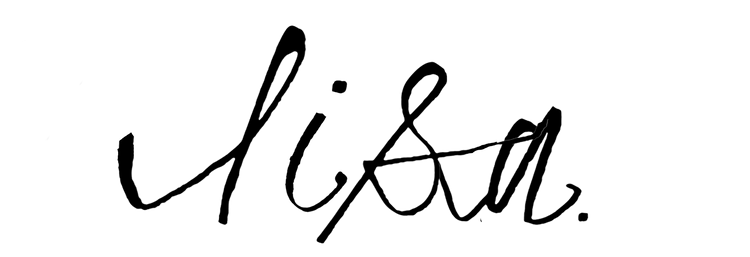As we dive into our discussion of ENVY I think it’s important to point out that envy and jealousy are in fact different. Not only do they manifest differently but they actually exist in completely different regions of the brain. Jealousy is an emotional response to the perceived threat of losing a meaningful relationship to someone else. Like losing a best friend or partner to a new friend or lover. Or fear of Losing the attention of a parent to a brand new baby sister. Because jealousy is seen as a direct threat to losing something we hold dear, it effects the frontal lobe, the part of the brain crucial to emotional regulation, more specifically the lateral septum located in the lower posterior part of the frontal lobe. The lateral septum is linked to jealousy as it processes what is known as social pain or feeling hurt in social situations. Jealousy also tyrpically sparks a fight or flight response, triggering the release of stress hormones such as cortisol. So yeah, not only does jealousy not feel good emotionally, it feels pretty crummy physically too.
ENVY on the other hand is it’s own beast. And an elusive one at that. Feelings of envy are not restricted to any one part of the brain. We have such a complex response to envy, that it pops up a few different places depending upon the individual response and past exerpiecnes. Envy can activate a part of the brain known as the ventral striatum, a part of the limbic system responsible for decision making and reward related behaviors. This is the part of the brain that involves comparison. How we feel when comparing our success to someone else’s. What they have, what we want. And how to get what we want. Fun.
Envy can also activate the anterior cingulate gyrus, the part of the brain involved in complex emotional responses like empathy and decision making assessement. When we feel envious of someone who is a competitor in our line of work getting a promotion and wonder why they have it so easy, that’s our anterior cingulate gyrus. If the envy feels partivulatly painful and irrational specifically the dorsal anterior cingulate is activated, as this region of the brain also lights up when we are in physical pain. Ouch.
As a psychotherapist what I find so fascinating about Envy is that we generate it ourselves. It manifests within us as a response to something that is often unprovoked. And while posting a photo of your perfect beach vacation in the middle of winter on instagram might be the adult equivlant of saying nah nah nah nah nah on the playground, whether we experience envy or not from viewing those photos comes from within. Consider how phenomenal it is that the person making that gorgeous vacation post might not know us personally, or be aware of our existence at all? Yet we feel as though we are being provoked by their happiness, success, whatever advantage we choose to see. Weird, right?
Some of my favoite writing about envy comes from Object Relations pscyhoanalyst Melanie Klein. Her book Envy and Gratitude is a real beast to get through, but wow is it fascinating. To summarize, Klein defines envy as the angry feeling that another person possesses and enjoys something else desirable, often accompanied by an impulse to take it away or destroy it. In object relations theory it is this impulse to take away or destroy that is of great significance. As much of object relations theory stems from a destructive infantile drive. To destroy what is good out of fear that we will be unable to successfully integrate it into our own selves. But here’s where it gets really interesting. In antihisesis to envy, Klein came to see gratitude as an expression of love and life and therefore the opposite of destruction, the opposite of taking away. The opposite of envy. This is particularly fascinating as while Klein’s papers on envy and gratitude were written from 1946 until her death in 1960, her thoughts here are touched upon in modern neuropsych research, specifically what researches discovered about envy and the dorsolateral prefrontal cortex in 2017.
A study published in Scientific Reports in 2017 concluded that individuals were more likely to feel pervasive envy all the time (as opposed to occasional bursts) if they had a larger dorsolateral prefrontal cortex. The dorsolateral prefrontal cortex plays a significant role in higher-level brain functions like attention, focus and memory. But here’s the interesting part, the study also found that if people with larger dorsolateral prefrontal cortex’s ALSO had high emotional intelligence, they felt less envious than those in their group who did not. Concluding that the size of your dordolateral prefrtonal cortex might make you more susceptible to envy, but you can alter its effects through empathy. And it just so happens that researchers know that empathy while also being significant in emotional intelligence and what we know to be emotional resilience, is a result of the practice of gratitude. How amazing is that? So as Klein wrote long before we had the technology to study the neural pathway of envy in the brain, gratitude is indeed the antithesis of envy. How cool is that? Want to feel less envious, work on your EQ and gratitude is a great place to start.
Thank you for being here.
To learn more about Tiffany Madvig and Envy listen to this episode here.

Leave a comment